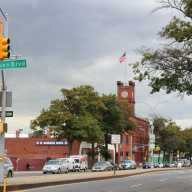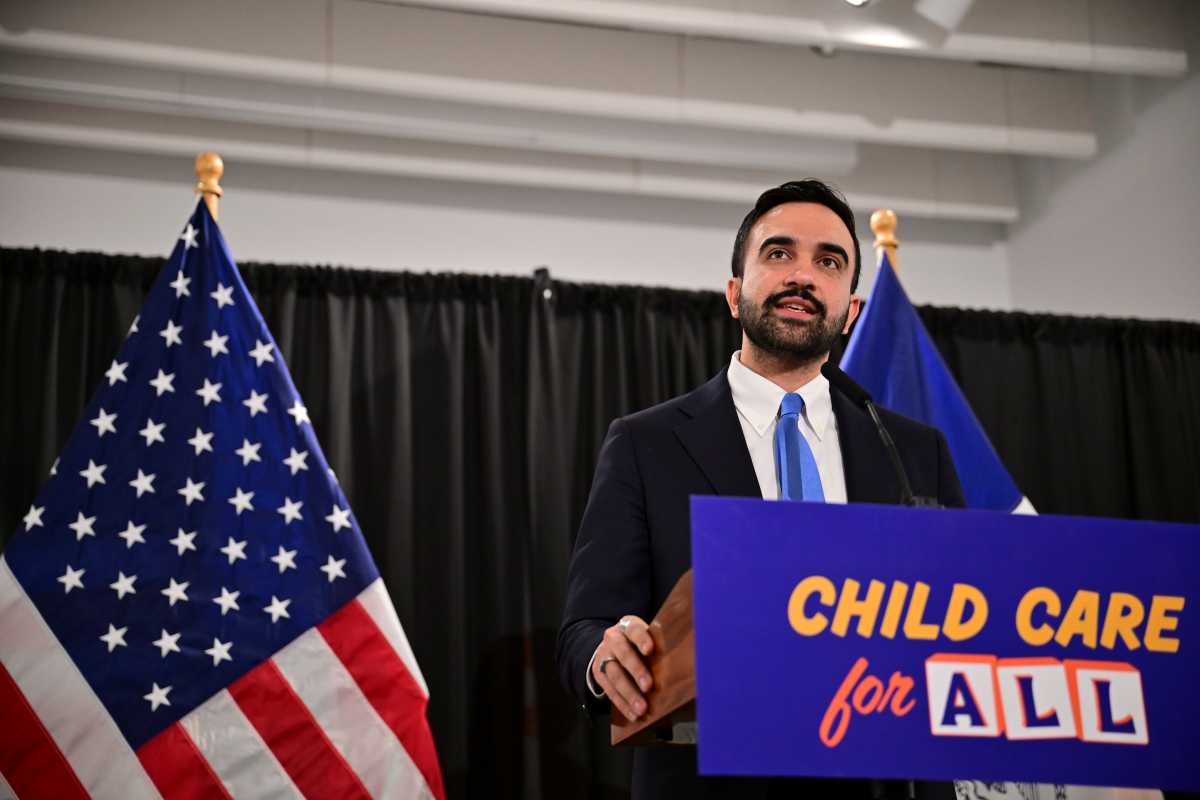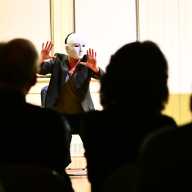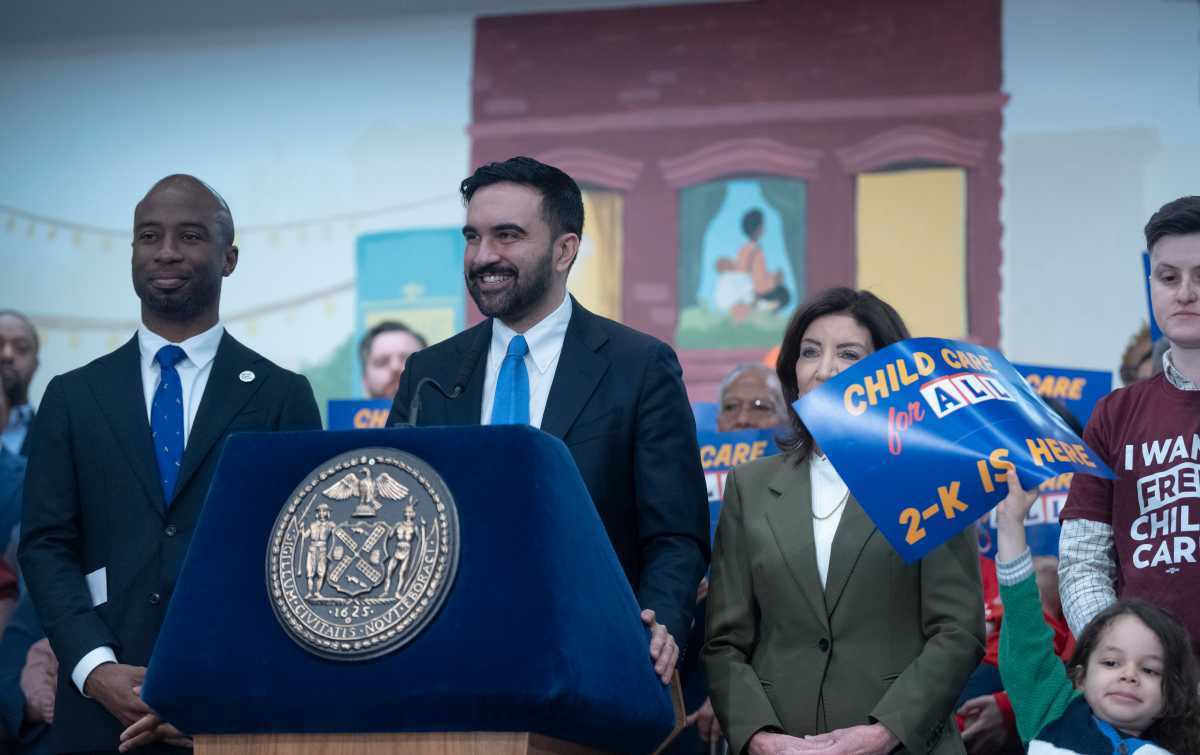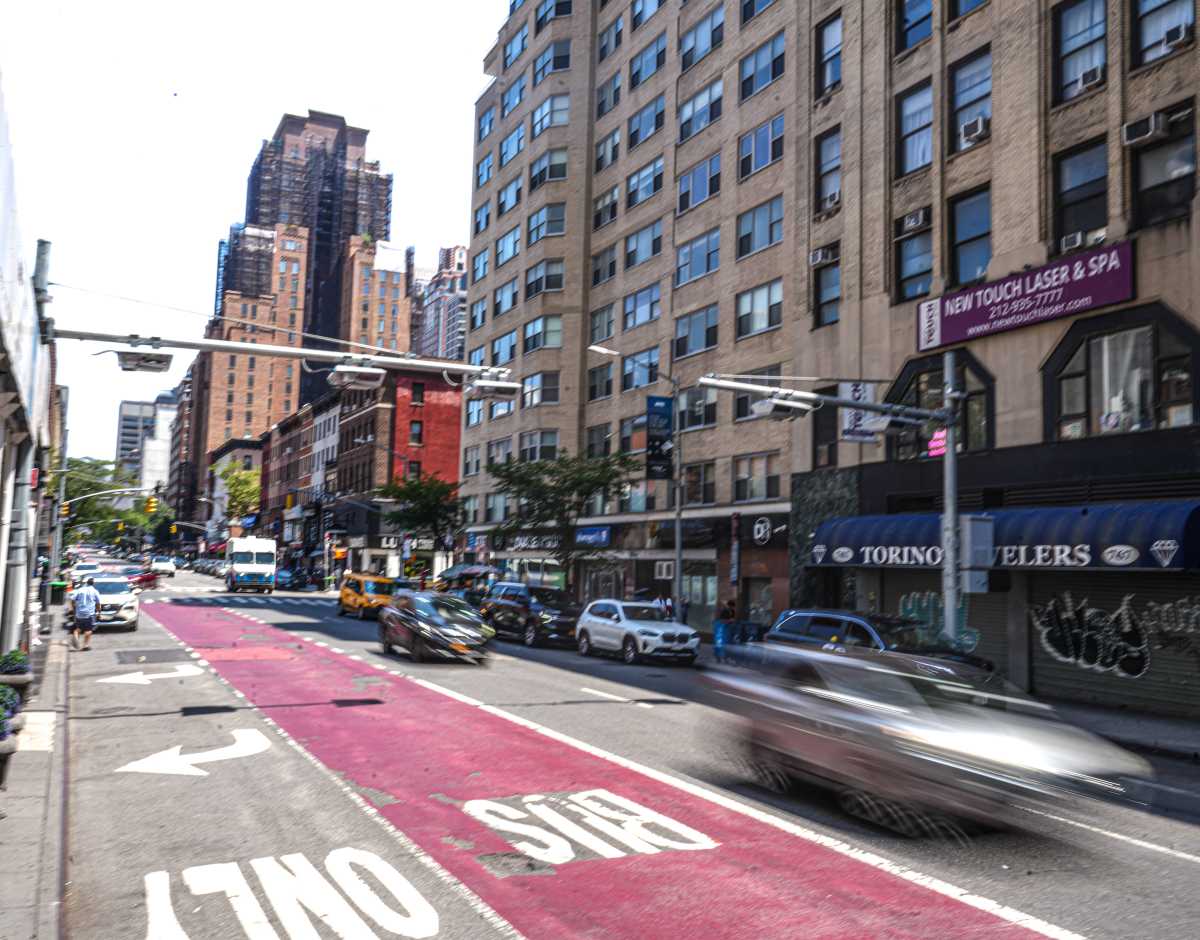Police misconduct complaints in Queens during last year dropped 16 percent (from 615 to 514) below 1996, according to the Civilian Complaint Review Board (CCRB).
Borough President Claire Shulman called the decline "good news. Police commissioner Safir’s Courtesy, Professionalism, and Respect (CPR) campaign seems to be working."
However, Councilman Sheldon Leffler, Chairman of the Council’s Safety Committee, said the drop occurred because complaints had a sense that nothing was being done.
Civilian complaints plummeted in three police precincts:63 percent in the 110 (Rockaway Beach), 44 percent in the 103 (Jamaica/St. Albans) and 46 percent in the 113 (S.Jamaica/Rochdale). All three are located in the Queens South police command, where the bulk of the decline occurred. There was little to no statistical improvement in eight Queens North precincts.
Significantly, the CCRB report indicated that the 103 and 113 commands were targets of the highest number of complaints and charges of police misconduct during 1996.
The report noted that each complaint could contain one or more allegations of misconduct. There were over 770 allegations of official misbehavior stemming from the 514 complaints made last year. Despite the major gains made in the reduction of charges, nearly 60 percent of these complaints were still made against precincts in Queens South.
The wide-ranging report revealed that more than 250 allegations of excessive police force were filed in Queens. Police officers stationed in the 103 and 105 precincts were the chief targets of CCRB investigations. CCRB probes were also involved in charges of abuse of authority, discourtesy, and offensive language.
Officer Joseph Quinlan of the 103 Precinct said that much of the credit for the decline of complaints inQueens South precincts could be ascribed to his command’s ongoing two-pronged effort during the year:
CPR(Courtesy, Professionalism, and Respect)Program–A campaign designed to foster a two-way respect between the police and the public they serve. Announced by Mayor Rudy Giuliani and Police Commissioner Howard Safir, the program began late last year.
Lectures and Group Discussions–In-house and community meetings that continually stress heightened awareness of police and public perceptions of law enforcement.
However, Leffler disagreed. "Public complaints declined," he said, "because the complainants had a sense that nothing was being done, a very small percentage of the complaints led to the imposition of discipline, and there was a loss of confidence in how the police commissioner worked with the CCRB." Some delays, he charged, ultimately triggered the imposition of the statute of limitations.
The CCRB is an independent mayoral agency with the authority to investigate allegations of misconduct filed by the public against police officers. It is composed of 13 members(five from the City Council, five by the Mayor, and three by the police commissioner.).
Since 1953, the Board has the power to investigate, make findings, and recommend action on complaints against police officers involving excessive use of force, abuse of authority, discourtesy, or offensive language. However, the current on-Police Dept. review board has been in existence since July 1993.








